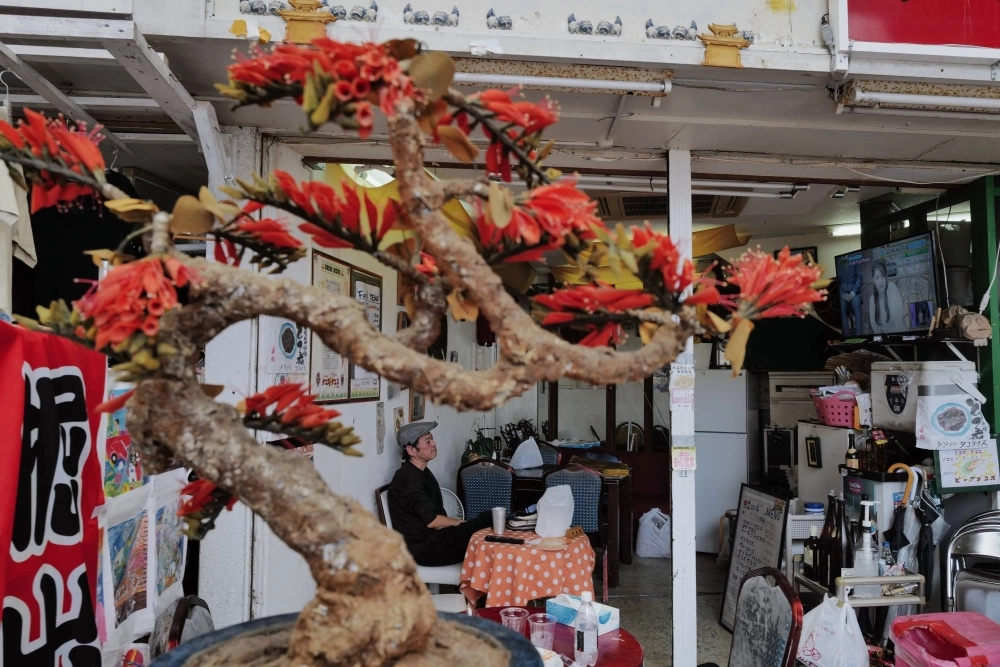When TELL outreach organizer Saya Tanahara, 34, returned home to Okinawa in 2019, she was looking for an opportunity to help those with experiences like her own.
“It’s a very typical Okinawan girl’s story,” Tanahara recalls while sitting in TELL’s Okinawa offices near American Village in Chatan. “I married a Marine, and we lived in the States for about six years. Then I came back as a single mother of three children.
“I wanted to contribute to the community here. TELL seemed like a great opportunity to use my experiences — as an Okinawan and as someone who had experienced military life — to help people.”


















With your current subscription plan you can comment on stories. However, before writing your first comment, please create a display name in the Profile section of your subscriber account page.